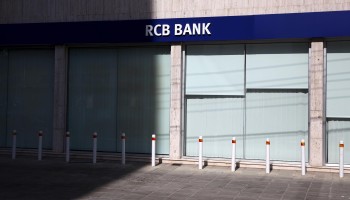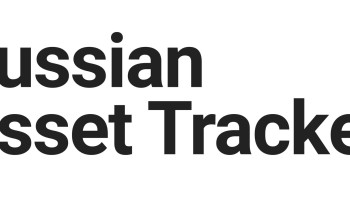Saodat Narzieva, a 56-year-old obstetrician and gynecologist living in Tashkent, Uzbekistan, is now among the officials, oligarchs, and their relatives placed under “restrictive measures… in respect of actions undermining or threatening the territorial integrity, sovereignty and independence of Ukraine.”
The sanctions, based on the EU Council Decision in response to the 2014 invasion of Crimea include, among other measures, “asset freeze and the prohibition to make funds and economic resources available to designated persons and entities.”
“Alisher Usmanov has transferred considerable assets to his sister Saodat Narzieva, including a single payment or gift of US$3 million,” the EU administration said, adding that Narzieva had 27 Swiss bank accounts with hundreds of millions of dollars in them, which were tied to her brother Alisher Usmanov.
This was revealed in the Russian Asset Tracker, a project that OCCRP launched in March that tracks and records the vast wealth held outside Russia by oligarchs and key figures close to Russian President Vladimir Putin.
Leaked data from Credit Suisse show that billions of dollars have passed over the years through those accounts, the OCCRP found. The maximum balance on one of them was recorded in April 2011 - over $2.1 billion.
The EU said that Narzieva “has also been linked to six offshore companies whose activities can be linked to Usmanov.”
“Saodat Narzieva is therefore associated with Alisher Usmanov, who actively supported materially or financially Russian decisionmakers responsible for the annexation of Crimea and the destabilization of Ukraine and actively supported the Russian government’s policies of destabilization of Ukraine,” the EU concluded.
Reacting to the EU announcement, a spokesperson for Narzieva told The Guardian that “she does not know why her name would appear as a beneficial owner for any accounts at Credit Suisse,” and that she “has never held money or other assets on Mr Usmanov’s behalf.”
“Rather, she has been in receipt of gifts from her brother. These long predate the current international crisis and recent sanctions regimes,” the spokesperson said and added that those gifts “while considerable in absolute terms, are of limited significance when measured against Mr Usmanov’s business interests and personal fortune.”
The EU sanctioned Usmanov, the Uzbek-born multi-billionaire in February, while the U.K. and the U.S. introduced their sanctions against him in early March.
Usmanov, an iron ore and steel industrialist and former Arsenal Football Club investor, is the 99th richest person in the world, according to Forbes, and one of Russia’s wealthiest people.
He is also considered as one of President Vladimir Putin’s favorite oligarchs, with whom he is said to have financial relations, as well as with former President Dmitry Medvedev, who has allegedly benefitted from personal usage of Usmanov’s opulent mansions.





